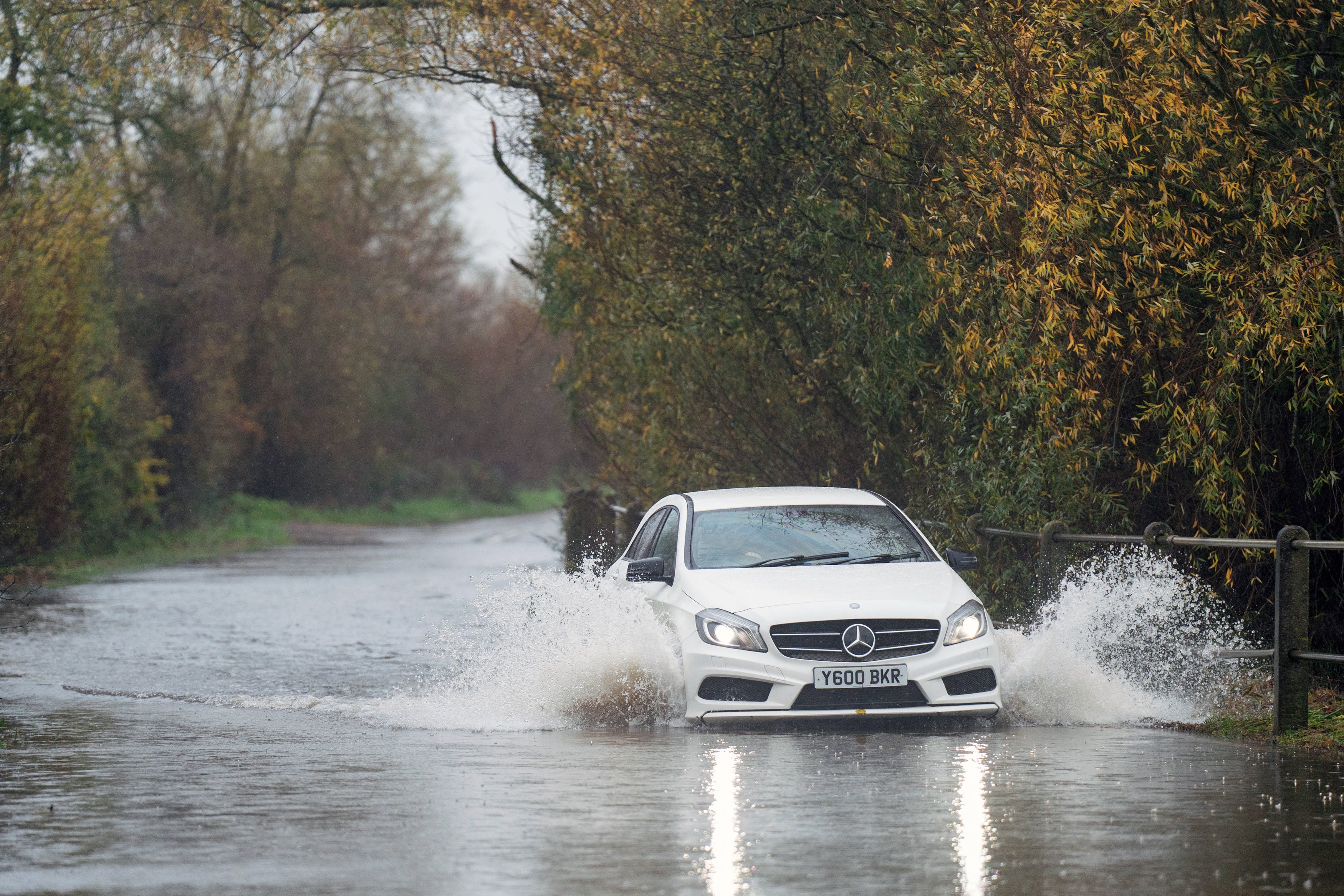UK on track for warmest year ever after mild autumn
The UK would need a December of near-record cold weather to avoid 2022 being the hottest year ever
Your support helps us to tell the story
From reproductive rights to climate change to Big Tech, The Independent is on the ground when the story is developing. Whether it's investigating the financials of Elon Musk's pro-Trump PAC or producing our latest documentary, 'The A Word', which shines a light on the American women fighting for reproductive rights, we know how important it is to parse out the facts from the messaging.
At such a critical moment in US history, we need reporters on the ground. Your donation allows us to keep sending journalists to speak to both sides of the story.
The Independent is trusted by Americans across the entire political spectrum. And unlike many other quality news outlets, we choose not to lock Americans out of our reporting and analysis with paywalls. We believe quality journalism should be available to everyone, paid for by those who can afford it.
Your support makes all the difference.The third-warmest autumn on record means 2022 is on firmly on track to be the hottest year ever in the UK.
The UK would need a December of near-record cold weather to avoid this year being the warmest on record, according to Met Office statistics.
Provisional figures show autumn – September, October, and November – were the third warmest on record for the UK, with an average temperature of 11.1C, topped only by 2011 and 2006’s autumn figures. The records go back to 1884.
In addition, November continues 2022’s run of every month being warmer than average, with the first 11 months of the year the warmest on record for the UK.
Mike Kendon of the National Climate Information Centre said: “Although it’s too early to guarantee that 2022 will be the UK’s warmest year, the first 11 months have set up the distinct possibility of a record-breaking warm year, with only a very cold December able to potentially influence where the year will eventually sit in the record books.
“All of the top ten warmest years on record for the UK have occurred since 2002; a clear indicator of our warming climate. Human-induced climate change has increased the likelihood of extreme heat as we saw in July this year, but this year has also seen persistent warmth resulting in the year overall challenging the record previously set in 2014.”
Autumn’s mean temperature provisionally enters as the third warmest autumn on record for the UK. That warmth was seen across the UK with England, Wales, Scotland and Northern Ireland all seeing mean temperatures in their top five on record.

Spurred on by a mild September, then the seventh-warmest October on record, November has continued the mild theme for the season, with a southwesterly airflow helping to keep temperatures above average for much of the month.
Rainfall for the season was also well above average for many. The UK had 402.5mm of rain, which is 19 per cent more than average. Northern Ireland deviated the most significantly from average, with over a third more rain than would normally be expected, with 433.4mm during the season.
Even the south of England, much of which had been in drought status at the close of the summer, saw 301.9mm of rain, which is 28 per cent more than average. However, the year so far continues to be drier than average, especially in southern areas.
The Environment Agency’s executive director for environment and business John Leyland said: “The exceptionally wet weather over autumn in some areas has been beneficial in wetting up soils and improving river flows. Dry soils have now been replenished but there is a delay in the recharge of groundwater and reservoirs in some parts of the country.
“Reservoirs are on average around 73% capacity but some are still well below the levels we would expect at this time of year.”





Join our commenting forum
Join thought-provoking conversations, follow other Independent readers and see their replies
Comments